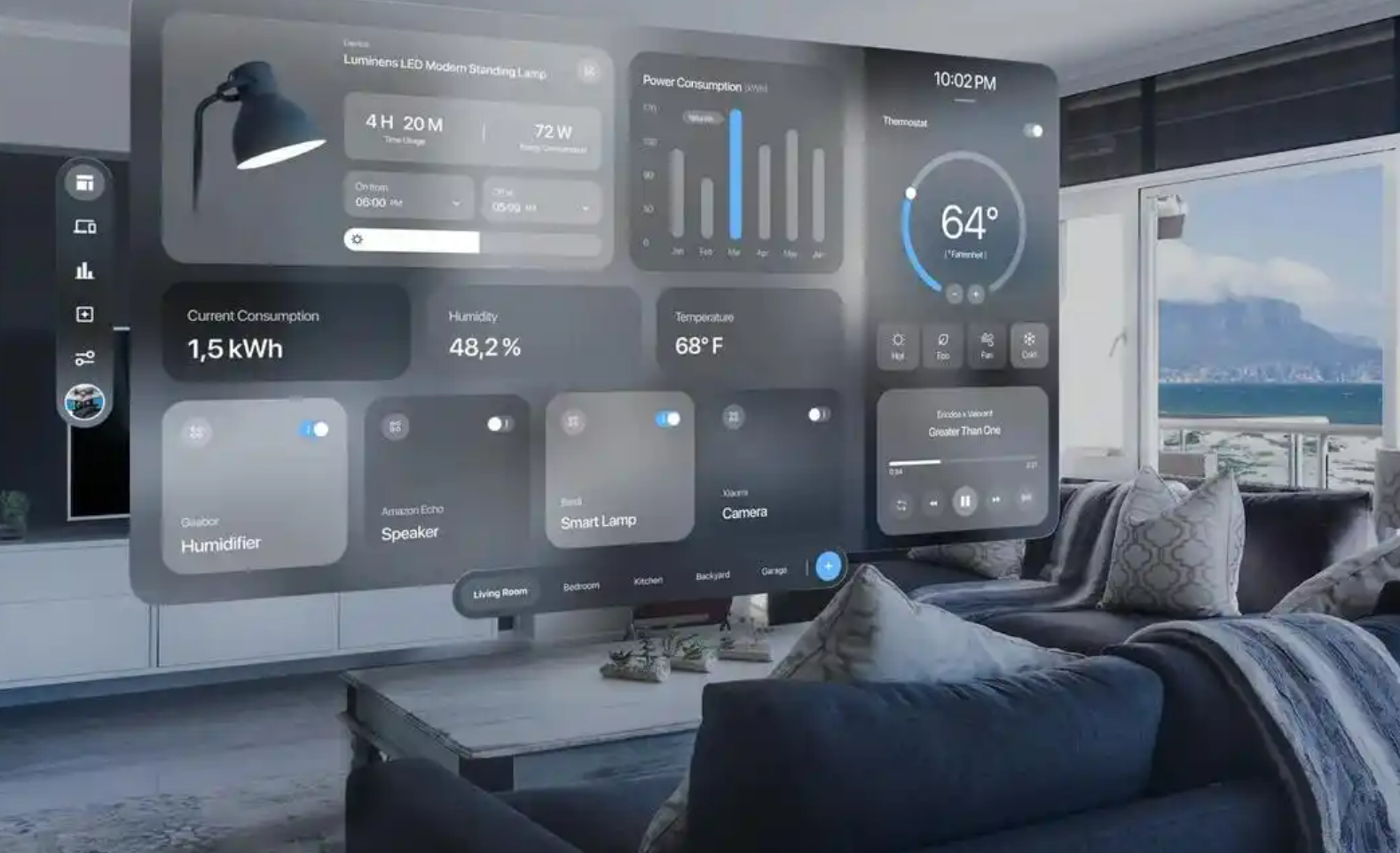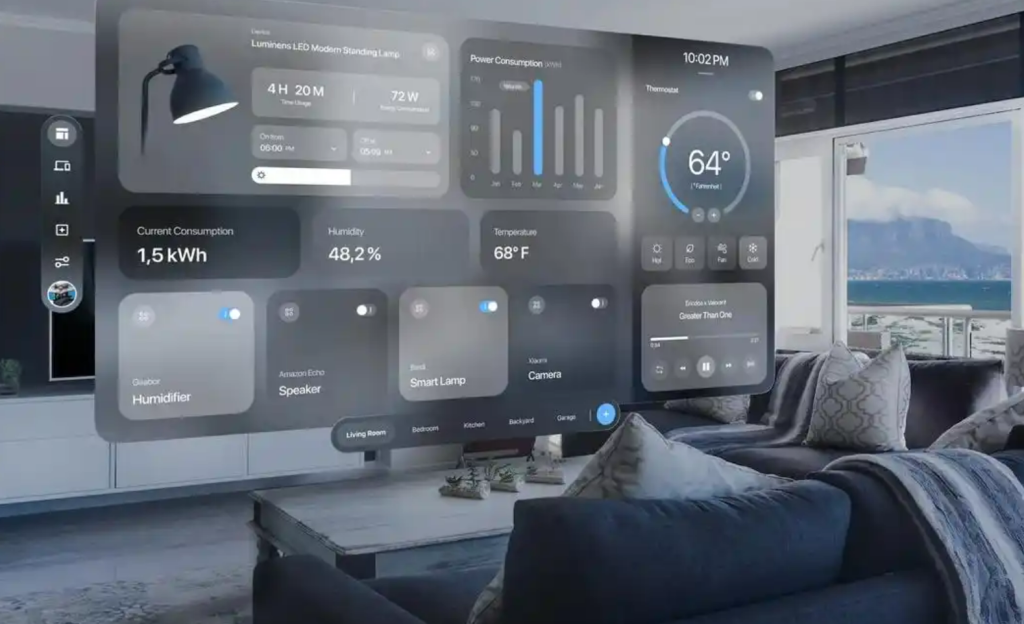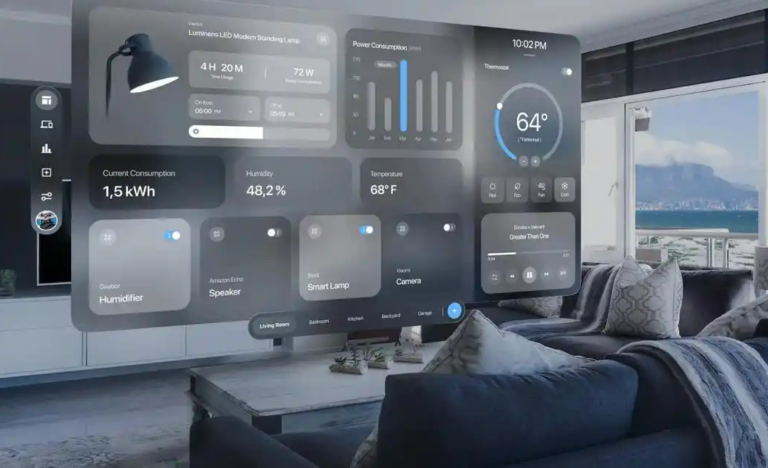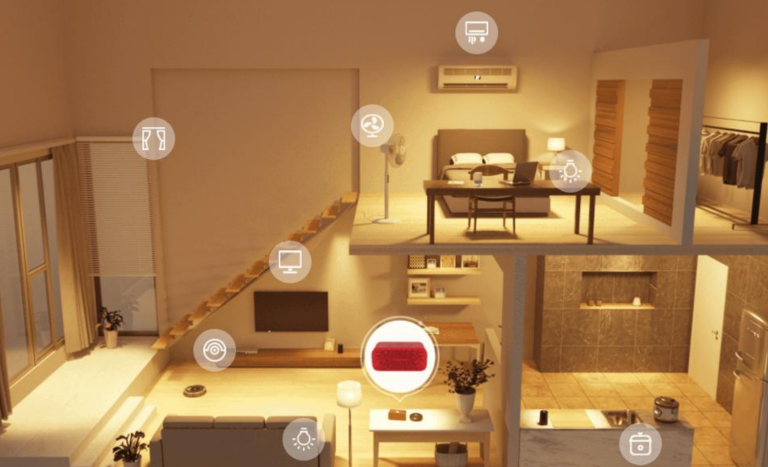

Smart Home Appliances: Making Life More Convenient and Efficient
Introduction: The Smart Home Revolution
Imagine a home where your fridge reminds you to buy milk, your oven preheats itself before you arrive, and your laundry machine texts you when your clothes are done. This isn’t science fiction—it’s the reality of smart home appliances. These intelligent devices, powered by IoT (Internet of Things) and AI, are transforming mundane chores into seamless, automated experiences. But how exactly do they work, and why are they becoming indispensable in modern households? Let’s dive in.
1. What Are Smart Home Appliances?
Beyond Traditional Appliances: The Power of Connectivity
Smart appliances are internet-enabled devices that communicate with users and other systems. Unlike their “dumb” counterparts, they offer remote control, real-time alerts, and adaptive functionality—like a thermostat that learns your schedule or a fridge that tracks expiration dates.
Key Features of Smart Appliances
- Wi-Fi/Bluetooth Connectivity: Control via smartphone or voice assistants (Alexa, Google Assistant).
- Sensors and AI: Detect usage patterns and optimize performance.
- Automation: Pre-programmed routines (e.g., coffee brewing at 7 AM).
2. The Rise of Smart Home Ecosystems
Integration with IoT and AI
Smart appliances thrive in interconnected ecosystems. For example, a smart fridge can sync with your smart oven to suggest recipes based on available ingredients. AI analyzes data to predict needs—like reordering detergent when your washer runs low.
Market Growth and Consumer Adoption
The global smart appliance market is projected to hit $50 billion by 2026, driven by demand for convenience and energy savings. Young consumers, in particular, prioritize voice control and app-based management.
3. Top Smart Home Appliances Transforming Daily Life
Smart Refrigerators: Your Kitchen’s Brain
- Cameras inside let you check contents remotely.
- Recipe suggestions based on inventory (e.g., Samsung Family Hub).
Smart Ovens: Precision Cooking at Your Fingertips
- Remote preheating via app (e.g., June Oven).
- AI-powered cooking adjusts time/temperature for perfect results.
Smart Laundry Machines: Effortless Cleaning
- Alert you when cycles end (e.g., LG ThinQ).
- Auto-dispense detergent to avoid waste.
Smart Dishwashers: Smarter Cleaning Cycles
- Leak detection shuts off water if a pipe bursts.
- Energy-saving modes run during off-peak hours.
4. How Smart Appliances Enhance Convenience
Remote Control via Smartphone
Forgot to turn off the oven? No problem—just tap your phone. Smart apps let you monitor and adjust appliances from anywhere.
Voice Commands and Automation
- ”Alexa, start the dishwasher.”
- Geofencing: Your AC turns on when your phone detects you’re 10 minutes away.
5. Energy Efficiency and Sustainability
Reducing Energy Waste with Smart Algorithms
- Smart thermostats (e.g., Nest) cut HVAC costs by 20%.
- LED lighting systems adjust brightness based on natural light, saving 30–50% energy.
Eco-Friendly Features
- Solar-compatible devices (e.g., smart blinds that sync with solar panels).
- Water-saving dishwashers detect load size to minimize usage.
6. Smart Kitchens: The Heart of the Modern Home
Recipe Suggestions and Inventory Tracking
- Scan barcodes to log groceries; get alerts when items expire.
Automated Grocery Ordering
- Amazon Dash Replenishment auto-orders detergent or coffee beans.
7. Security and Safety Features
Leak Detection and Alerts
- Smart water shutoff valves (e.g., Phyn) prevent flooding.
Fire and Gas Hazard Prevention
- Ovens with auto-shutoff if overheating is detected.
8. Challenges and Considerations
Privacy and Data Security
- Hackers could exploit unsecured devices. Always enable two-factor authentication.
Compatibility and Interoperability
- Stick to one ecosystem (e.g., Apple HomeKit) to avoid fragmentation.
9. The Future of Smart Home Appliances
AI-Powered Predictive Maintenance
- Appliances will self-diagnose issues (e.g., a fridge alerting you to compressor failure).
5G and Faster Connectivity
- Near-instant response times for real-time adjustments.
Conclusion: Embracing a Smarter Lifestyle
Smart home appliances aren’t just about gadgets—they’re about reclaiming time, saving money, and reducing stress. Whether you’re a tech enthusiast or a busy parent, these innovations make daily life simpler and more sustainable.
FAQs About Smart Home Appliances
1. Are smart appliances worth the cost?
Yes! Energy savings and convenience often offset the higher upfront price.
2. Can smart appliances work without Wi-Fi?
Most need Wi-Fi for full features, but basic functions remain.
3. How secure are smart appliances?
Use strong passwords and regular firmware updates to minimize risks.
4. Do smart appliances increase home value?
Yes—homes with smart tech sell for 10% more on average.
5. What’s the easiest smart appliance to start with?
A smart plug or smart bulb—affordable and easy to install.






